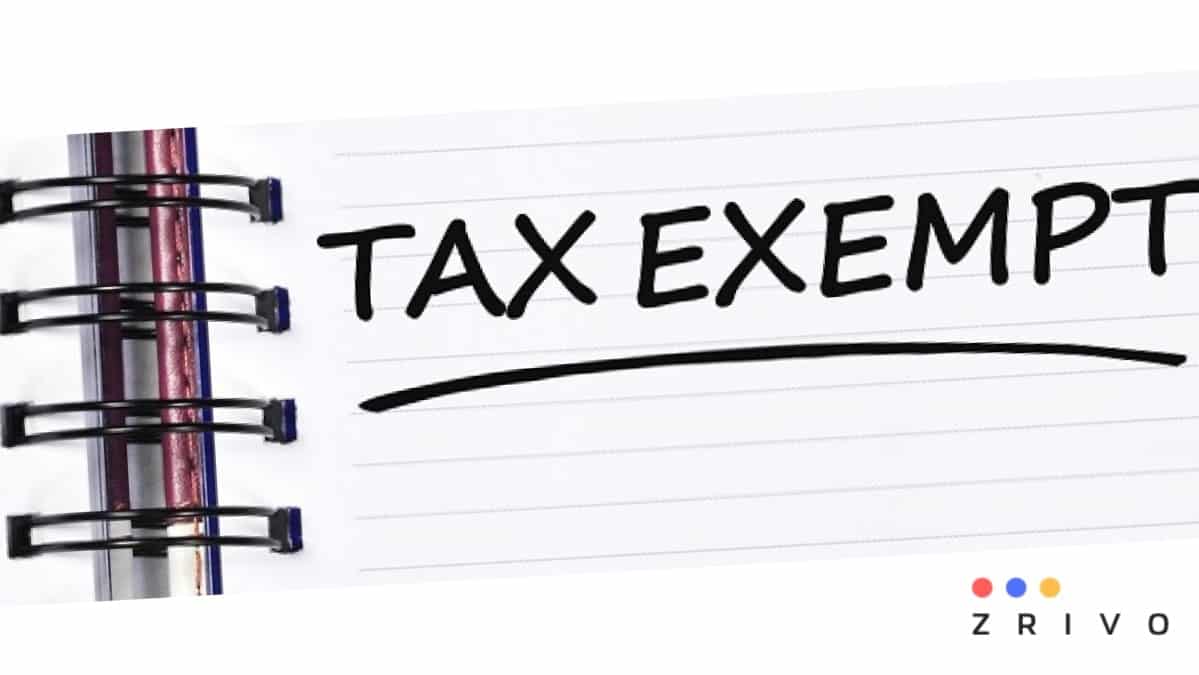
Tax deduction and exemption are one of the two things that are commonly mistaken in the U.S. tax code. While tax deductions lower the taxable income of a taxpayer, tax exemptions work differently.
As simple as it can be, tax exempt means an income or transaction is free of taxes at all government levels. For example, when you go abroad and purchase an item at the airport, it is tax-free, thus, it’s exempt from tax.
Although it isn’t that visible right away, there are common tax-exempt earnings such as interest earned on municipal bonds. If you invest in a government bond and you earn $100 from it, the income is also going to be exempt at the state and local levels.
Having said that, there are levels to tax exemption, depending on how the income is earned.
Examples of Tax Exemption
Another example of an exemption is the capital gains tax exemption. If you have a long-term capital gain and your adjusted gross income doesn’t exceed $40,000 (for single filers), the income earned through the sale of the non-inventory investment will be tax-exempt.
There are also tax-exempt organizations. The status of tax-exempt basically means the organization is exempt from paying corporate income tax for its earnings. A charitable, religious, scientific, social welfare, agricultural, labor, and educational organizations are most tax-exempt.
The bottom line is tax-exempt means there will be no tax on the specific income or the whole income depending on whether or not the organization qualifies to be tax-exempt from income earned through its activities.
Examples of Tax Deduction
This shouldn’t come as a surprise but the most common tax deduction is the standard deduction. Regardless of the deduction, all deductions work the same. Whether you itemize or take the standard deduction, the amount of the deduction will reduce your taxable income. This is how simple tax deductions work.
The difference between tax-exempt and tax deduction is vast for these reasons. For more tax questions and related-articles, you can visit our tax page or click here.